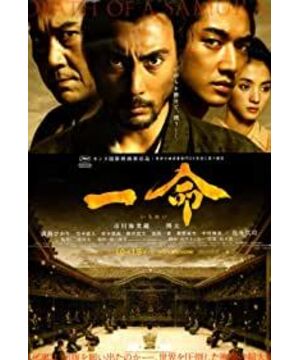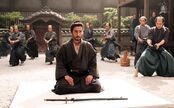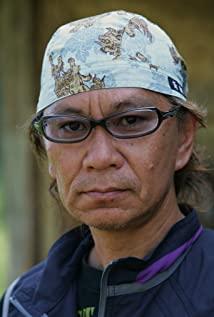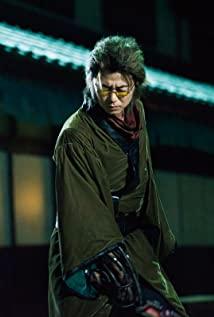Who is wrong in the story? After Qianqianyan begged his daughter to save his wife and daughter and tried to deceive sympathy, he was forced by the warriors to act in a fake act, and ended his life in the most cruel way. The samurai defended the reputation of the samurai, but Qianqianyan Because a lie is not fair to ruin the fortune-telling? If there is a mistake, where is the mistake? At first, the three samurai who acted as wrongdoers were suspected of being stricter than the law and treating others more leniently, but the abdomen of the three at the end of the film made this proposition untrue. Qian Qianyan is certainly at fault, but who is to blame for his desperation to save his wife and daughter? A lie with a forgivable cause killed one person. A husband, a father, and a son-in-law eventually led a family of three to Huangquan Road. Is the price too high?
After thinking about it, I finally think that the fault lies in the samurai's misunderstanding of the reputation of the samurai. Since ancient times, public morality has been a standard that everyone has worked together to defend. After a long time, everyone will forget the origin of this standard. The so-called public ethics is first recognized by the individual, and then promoted to everyone's approval, and becomes the default behavior standard, rather than restricting the individual after having a standard. Morality is invisible and intangible. If you agree with it, it will be binding on you. If you don’t agree with it, it is a fart, because it does not exist at all, and it is not for anyone else. Has enforcement power. However, the warriors turned the cart before the horse and used self-righteous standards to force others to restrain others, thus causing a human drama.
At the expense of his bamboo sword and his life, Tsumo Hanshiro wanted to prove that people who only enforce morals have no right to execute others if they fail to meet the samurai standards. He overthrew the samurai idol and thought that he had recovered justice for his son-in-law, but he didn't know. After the three samurai were cut off one after another, the samurai idol naturally stood up again. This must be unexpected by Tsumo Banshiro, because what is wrong is not whether morality itself is reasonable, but the scope within which morality is applicable.
I don't know if the director thinks this way, but I think so. I always feel that Asian films have a heavy sense of responsibility and sense of sadness, which leads to a bleak ending of the film. Perhaps it is better to let Tsumo Hanshiro shoot a blood stream in a river, and the evaluation is estimated to be higher.
View more about Hara-Kiri: Death of a Samurai reviews











